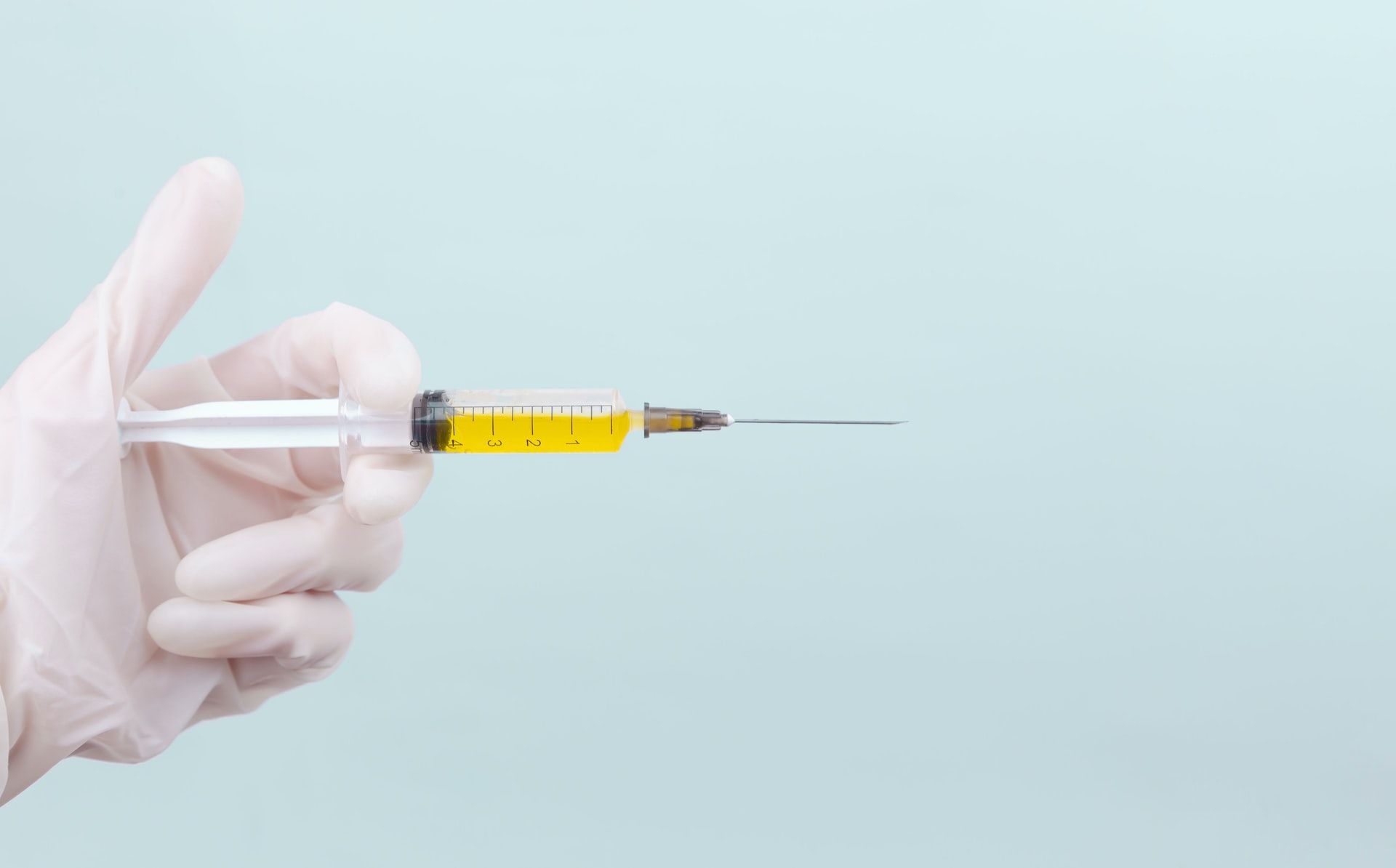PH COVID-19 Vaccination Simplified: Timeline, Status, And More


The COVID-19 pandemic is far from over. In the Philippines, the modified enhanced community quarantine (MECQ) in Metro Manila and the surrounding provinces of Bulacan, Cavite, Laguna, and Rizal, has just been extended by the national government until 14 May. As the number of infection continues to rise, you might have wondered how the country is doing when it comes to vaccination.
In this article, Tatler rounds up credible information regarding the status of vaccinations in the Philippines.
Read also: COVID-19 Vaccine In The Philippines: How And Where To Get It?
Who can get the vaccine first?
The Philippines’ prioritisation framework for COVID-19 vaccination is based on the recommendation released by the World Health Organisation (WHO) Strategic Advisory Group of Experts on Immunisation (SAGE).
Under the prioritisation plan, frontline workers, all senior citizens, persons with comorbidities, frontline personnel in essential sectors (including uniformed personnel), and the indigent population shall receive the first doses of the vaccine.
Meanwhile, teachers, social or government workers, socio-demographic groups, overseas Filipino workers (OFWs), and other remaining workforce will receive the vaccines next.
The rest of the Philippine population who are not included in the sectors mentioned above will receive the vaccines last.
More from Tatler: MECQ and ECQ: What's The Difference And Guidelines For 12 to 30 April


Progress of PH Vaccination Programme
The Philippines' first batch of COVID-19 vaccines arrived on 28 February. The vaccines—600,000 doses of Sinovac's CoronaVac— was handed to the country by China as “a donation”.
As of 1 May 2021, the country has already received 4,040,600 doses of vaccines. Of these numbers, 3,500,000 are Sinovac, 525,600 are Astrazeneca, while 15,000 are Sputnik V vaccines.
The total doses administered to the Filipinos has reached 1,809,801. In this figure, 1,562,815 have been given as first doses, while 246,986 as second doses.
In a country with an estimated 111,046,913 residents, the individuals who received the first dose only constitute 1.44 per cent of the country’s population. Meanwhile, those who were given the second dose represent 0.23 per cent.
Read more: Sputnik-V, Pfizer, And More: All About The Race To Find The COVID-19 Vaccine

Third In Southeast Asia?
Given the data above, it is easy to admit that the Philippines has a long way to go when it comes to vaccinating all its citizens. But in a shocking report, the Presidential Communications Operations Office (PCOO) announced that the country placed third among the Association of Southeast Asian Nations (ASEAN) countries with COVID-19 vaccine doses that were so far administered.
“LOOK: The Philippines ranks 3rd in ASEAN in the vaccination rollout with 738,913 doses administered from March 1 until March 30, 2021. Currently, the country is administering Sinovac and AstraZeneca vaccines,” the agency said in a Tweet.

DOH Undersecretary Myrna Cabotaje clarified the data and said that the ranking is merely based on the number of doses administered instead of the number of individuals per population in each country.
“We have already reached the 1.4 million mark already [We presented this] that if there are vaccines, we are able to administer it,” she said.
“That’s the data that Bloomberg has sourced—the number of jabs—and then we just supplied it. But we can look later at what could be the denominator, the total population that the countries target to vaccinate,” she added.
More from Tatler: What Is It Like To Participate In A COVID-19 Vaccine Trial? A Volunteer Speaks Up

What Is Herd Immunity?
When a certain number of people are vaccinated against a disease, they could form a herd or population immunity. This type of protection against the virus happens when a community is immune enough to allow a disease like COVID-19 to spread.
According to WHO, the percentage of people who need to be immune in order to achieve herd immunity varies. For example, herd immunity against measles would require at least 95 per cent of the population to be vaccinated. The remaining five per cent can choose not to get themselves vaccinated as the disease is no longer contagious.
“This is an important area of research and will likely vary according to the community, the vaccine, the populations prioritized for vaccination, and other factors,” WHO explained.
Read also: Can Ivermectin Be Used Against COVID-19?

Get yourself vaccinated
It is normal for vaccines to have mild side effects. The reason for this is because your immune system is instructing your body to react in certain ways: raise your body temperature to ward off dangerous bacteria, increase your blood flow so more immune cells can circulate, and etc.
Although many may have reservations with regards to getting vaccinated, it is best to remember that getting at least one layer of protection is better than getting nothing at all. At the end of the day, the community’s collective efforts can change the world and hopefully bring it back to its normal state.
Related: How To Avoid Covid-19: Tips To Stay Healthy & Sanitised